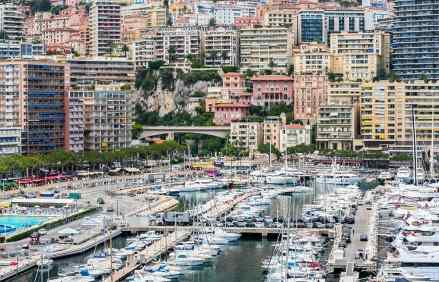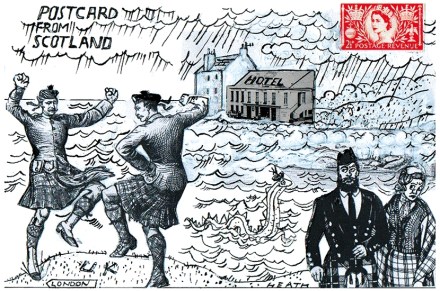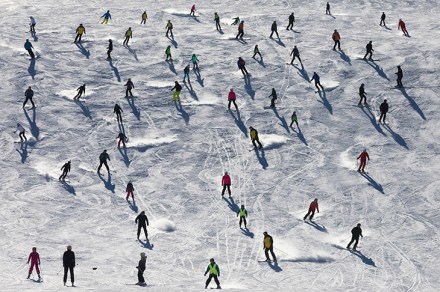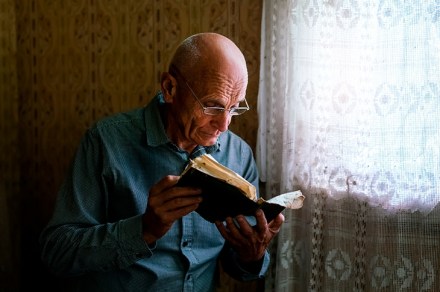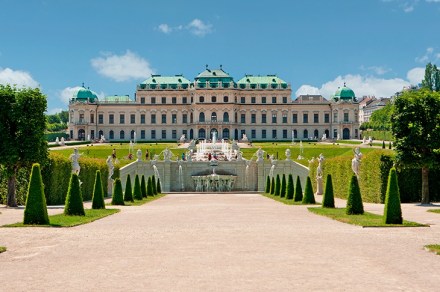How cartomania captivated even Queen Victoria
The wife of the Victorian photography pioneer Henry Fox Talbot called his first cameras ‘mousetraps’: little wooden boxes that were designed to capture anything placed before them. Yet most of Fox Talbot’s earliest photographs do not show living bodies at all. Long exposure times meant that the faintest twitch on a sitter’s face would dissolve it into a foggy blur, so instead he trained his lens on objects like shells and books, creating whole new collections he could reproduce in ghostly black and white. Preserving the images of dead children in an album, like dried flowers, meant that they could remain little forever Within a few years numerous other photography






